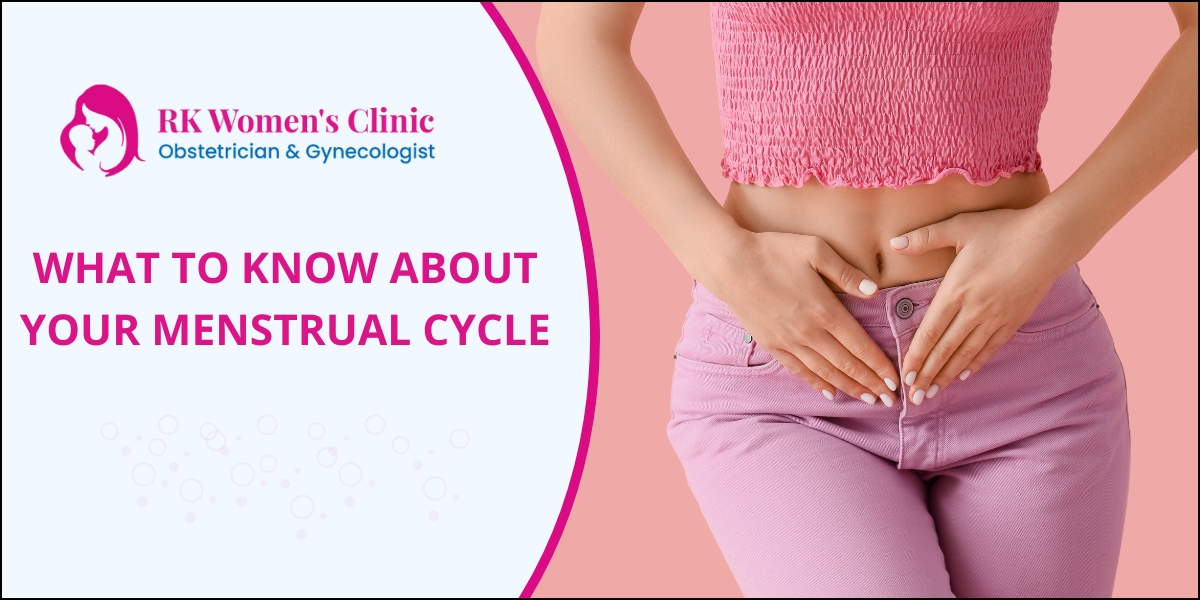Your menstrual cycle is a vital sign of your reproductive health, much like your blood pressure or heart rate. While every woman’s cycle is unique, understanding what’s normal for you and what might be a sign of an underlying issue is crucial for your overall well-being. This guide breaks down the essentials, from the basic phases to common concerns like irregular periods and heavy bleeding.
Understanding the Phases of Your Cycle
A typical menstrual cycle lasts between 21 and 35 days, counted from the first day of one period to the first day of the next. It’s governed by hormones and consists of four key phases:
- Menstruation (Days 1-5): This is your period. The uterus sheds its lining, resulting in menstrual flow.
- Follicular Phase (Days 1-13): Overlapping with your period, the brain’s pituitary gland releases Follicle-Stimulating Hormone (FSH), stimulating the ovaries to produce follicles. One will mature into an egg.
- Ovulation (Around Day 14): A surge in Luteinizing Hormone (LH) causes the ovary to release the mature egg. This is your most fertile window.
- Luteal Phase (Days 15-28): After releasing the egg, the follicle transforms into the corpus luteum, which releases progesterone to thicken the uterine lining in preparation for a potential pregnancy.
Common Concerns: Irregular Periods and Heavy Bleeding
Many women experience irregularities. Here’s what these terms often mean:
- Irregular Periods: If your cycle consistently varies by more than a week—coming too frequently, too far apart, or skipping altogether—it’s considered irregular. Common causes include stress, significant weight change, Polycystic Ovary Syndrome (PCOS), thyroid issues, or perimenopause.
- Heavy Bleeding (Menorrhagia): This is characterized by needing to change your pad or tampon every 1-2 hours, passing large blood clots, or bleeding that lasts more than 7 days. It can be caused by hormonal imbalances, fibroids, polyps, or other medical conditions.
When Should You See a Doctor?
It’s important to consult a gynecologist near you if you experience:
- Periods that suddenly become irregular.
- Bleeding that soaks through one or more pads/tampons every hour for several hours.
- Severe pelvic pain during your period.
- Bleeding between periods or after menopause.
- Periods that last longer than a week.
If you have concerns about your menstrual health, Dr. Akula Ramya Krishna offers expert care. As a renowned gynecologist in Kasarvadavali, Thane, she provides advanced care for issues like irregular periods and heavy bleeding. Schedule an appointment to take charge of your well-being.
Frequently Asked Questions (FAQs)
1. What is a normal menstrual cycle?
A normal menstrual cycle typically lasts between 21 to 35 days, with bleeding that continues for 2 to 7 days.
2. What causes irregular periods?
Common causes include high stress, extreme weight loss or gain, PCOS (Polycystic Ovary Syndrome), thyroid disorders, and the onset of perimenopause.
3. How can I stop heavy bleeding during my period?
While home remedies like staying hydrated can help, it’s crucial to see a gynecologist. They can prescribe hormonal treatments (like birth control pills) or other medications to effectively manage heavy flow.
4. Why is my period late?
A late period can be due to pregnancy, stress, sudden changes in diet or exercise, hormonal imbalances, or certain medical conditions.
5. When should I be concerned about my period?
You should consult a doctor if you experience very heavy bleeding (soaking a pad hourly), severe pain, periods lasting longer than 7 days, or if your regular cycle becomes persistently irregular.





